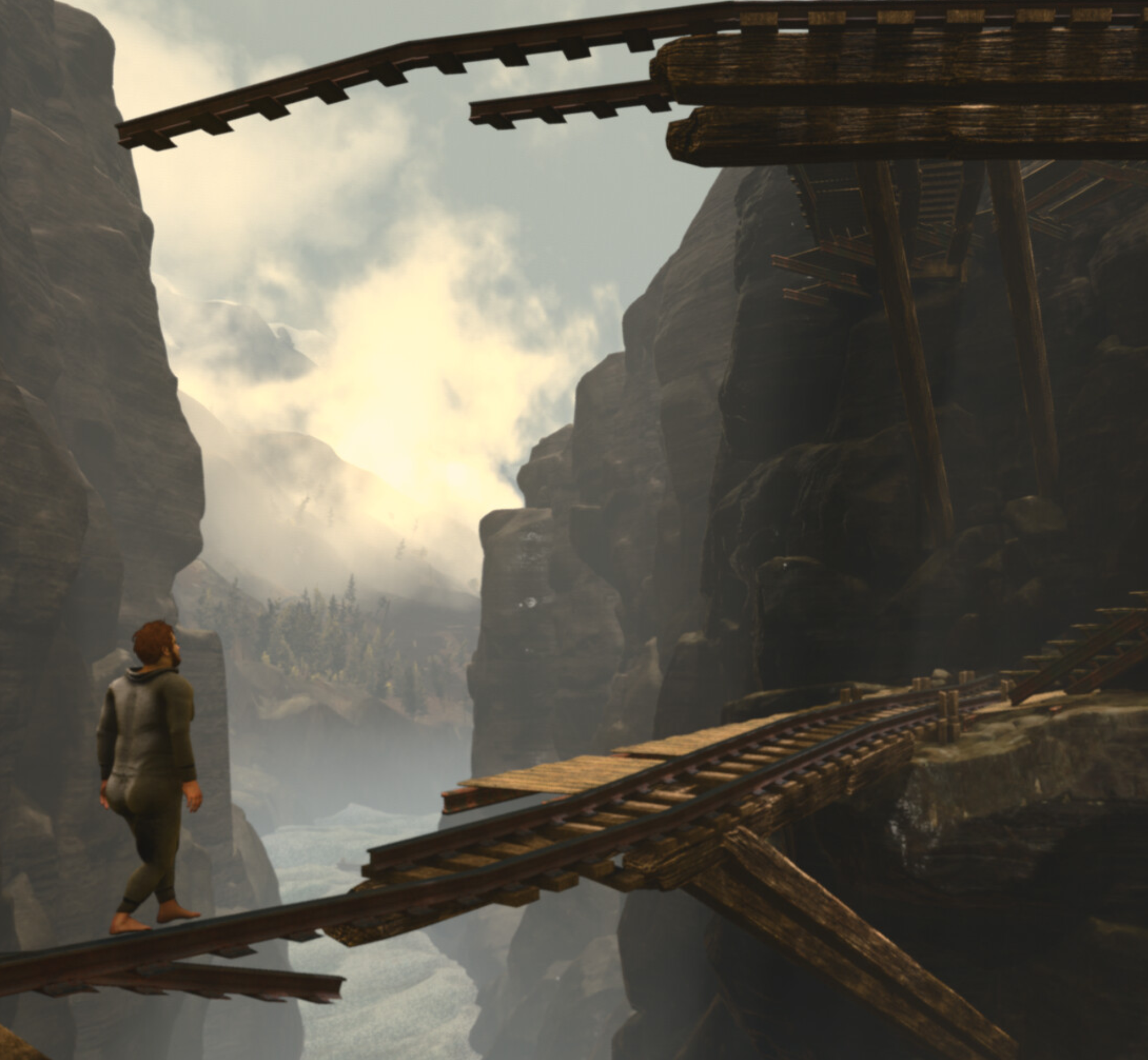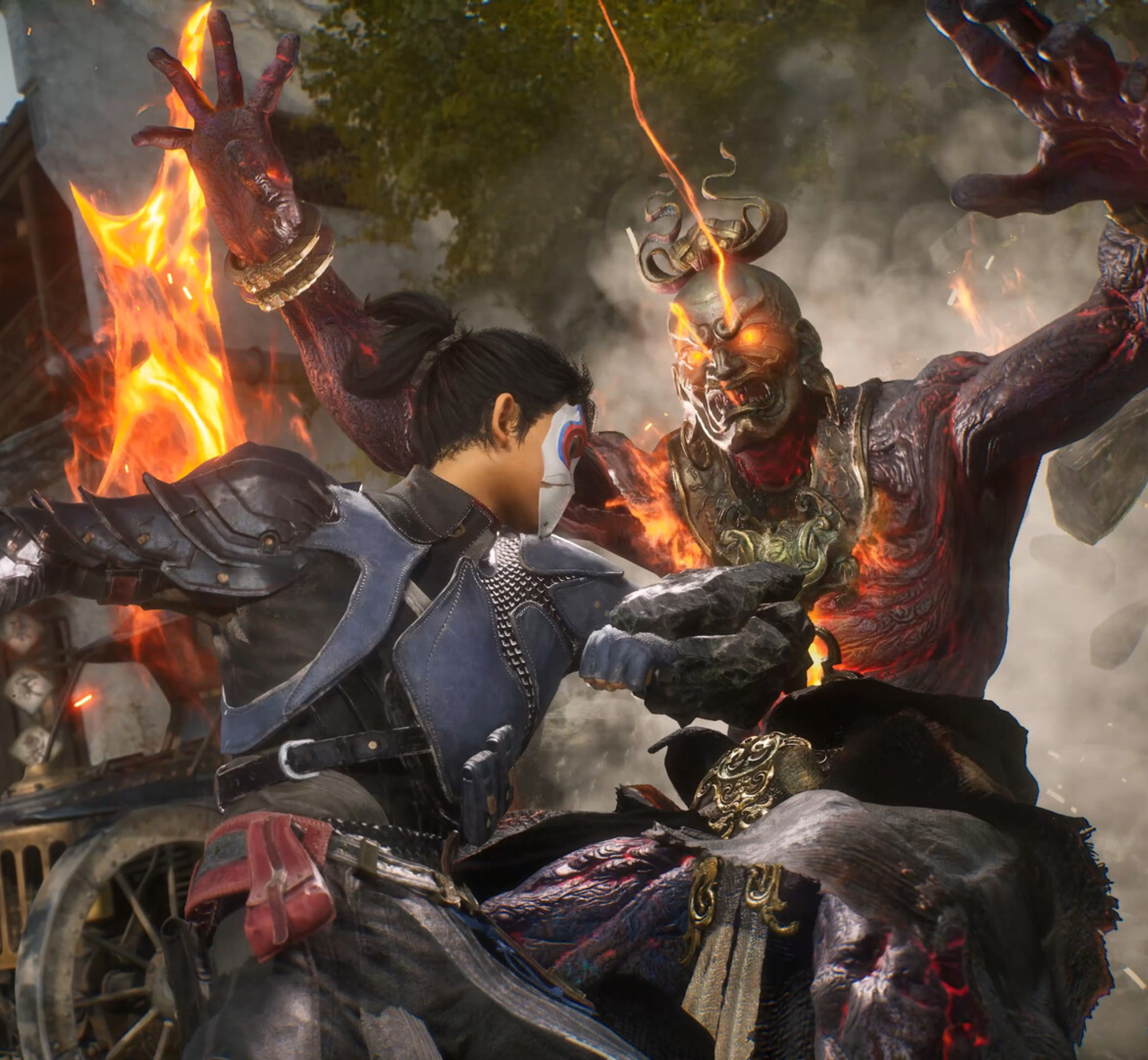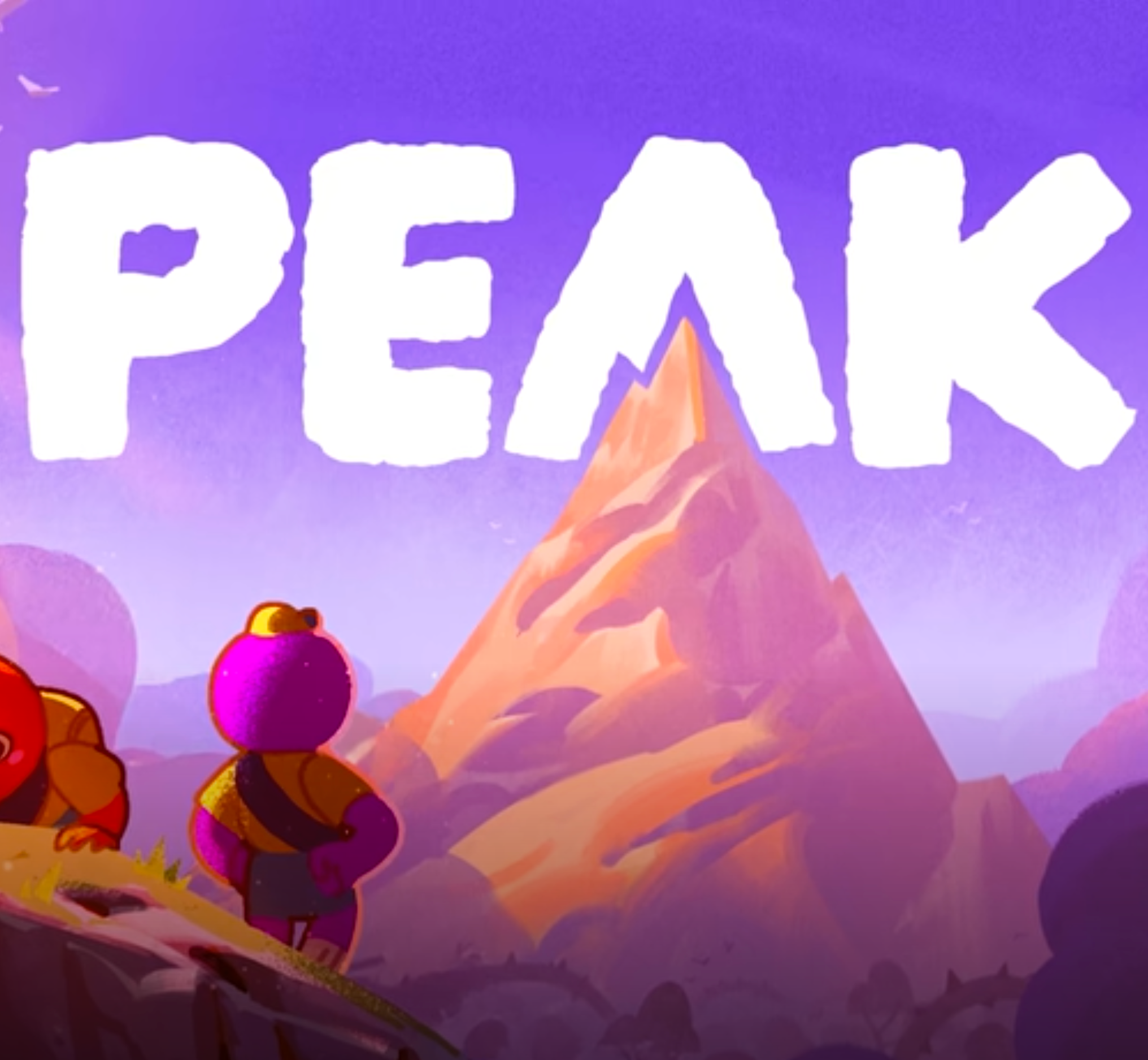The indie game scene continues to carve out its own identity in 2025, delivering titles that thrive on originality and risk-taking rather than blockbuster budgets. Two of the latest releases, Baby Steps and CloverPit, highlight the breadth of creativity in the indie landscape—one leaning into humor and unconventional controls, the other diving deep into dark strategy and roguelike tension.
Baby Steps, which launched on September 23, has quickly become a conversation piece thanks to its unusual premise. Players take control of Nate, a man-child aimlessly drifting through life, who must literally learn how to walk. Every step is mapped to player input, turning even the simplest forward motion into a challenge. The intentionally clumsy controls create a blend of comedy and frustration, echoing games like QWOP and Getting Over It with Bennett Foddy. What begins as awkward trial and error soon becomes a test of patience and precision as players navigate hills, rocks, and unpredictable terrain.
The game doesn’t take itself too seriously, and that’s its charm. Its minimalistic visuals and laid-back soundtrack contrast with the absurd difficulty of its core mechanic, making each small victory feel monumental. Community reactions highlight how the game encourages laughter at failure, transforming missteps into memorable moments. For players burned out on polished, predictable experiences, Baby Steps offers a reminder of how simplicity and humor can be just as compelling as sprawling open worlds.
On the opposite end of the spectrum lies CloverPit, released on September 26. This roguelike strategy game trades humor for tension, placing players in a hostile, procedurally generated pit where survival demands constant strategic thinking. Unlike action-heavy roguelikes, CloverPit focuses on resource management, calculated risks, and tactical foresight. Each run presents new challenges, requiring players to adapt their approach to ever-changing conditions.
The atmosphere of CloverPit is equally important to its appeal. Its stark visual design and unsettling soundtrack create a sense of dread, amplifying the weight of every decision. Failure doesn’t just mean restarting a run—it reinforces the game’s central theme of persistence against overwhelming odds. For fans of roguelikes, CloverPit delivers the genre’s trademark unpredictability but with a distinct strategic flavor that sets it apart from faster-paced contemporaries.
Together, Baby Steps and CloverPit exemplify what makes indie games so vital to the industry. One embraces awkward comedy and minimalist design, while the other immerses players in tense, cerebral gameplay. Both stand in sharp contrast to the season’s blockbuster releases, offering smaller-scale but deeply memorable experiences. They remind players that gaming isn’t just about cutting-edge graphics or massive budgets—it’s also about experimentation, creativity, and the courage to do something different.
As 2025’s release calendar fills with high-profile names, these indie titles shine as examples of how innovation often comes from the fringes. Whether stumbling through life in Baby Steps or fighting for survival in CloverPit, players are reminded that sometimes the most impactful journeys come from the unlikeliest places.



